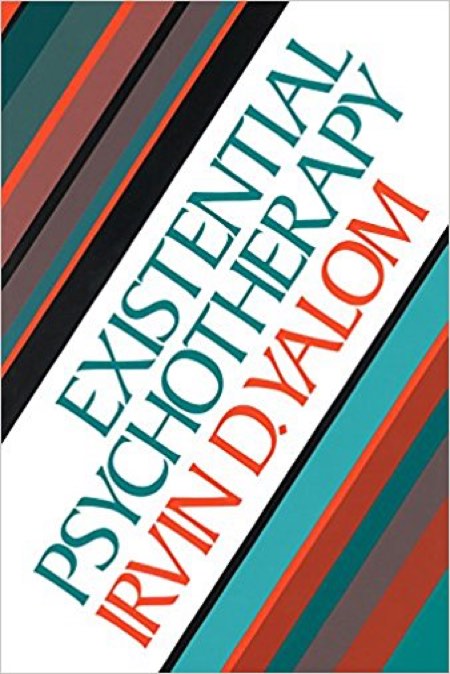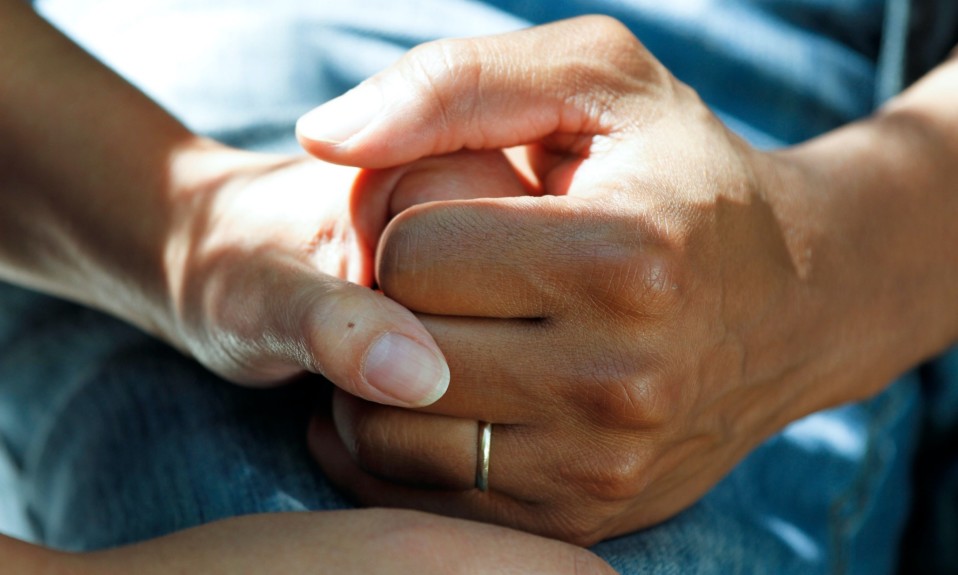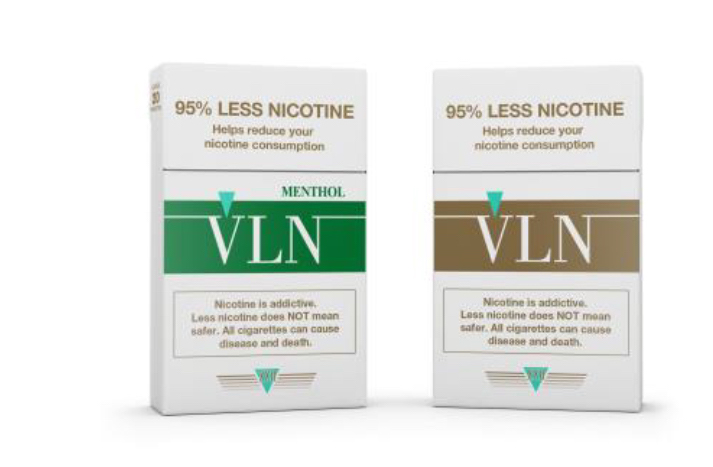In this first in a series on addiction, recovery and existential psychology, we look at how to identify and tap into your reservoir of willpower
By Ryan Blackstock, PsyD
In this series of articles, I want to explore the intersections of existential ideas and both active addiction and recovery. Over the course of my career in substance use treatment, I have seen many different approaches developed and used to improve and enhance recovery, and I have learned quite a few of them. But one that I always return to is based on existential psychology, which has few techniques but involves deep and valuable introspection.
Before we get started, I want to encourage you not to tune out because of the word existential. It’s easy to think that the people who talk about existential issues are in the ivory tower of academia, and that you need a background in philosophy to even have a chance at grasping the concepts. Now, I assure you there are authors that write that way, but I contend that existential issues are actually quite common. Some existential questions are big, such as:
- What is the meaning of life?
- What am I supposed to do here?
- Why are we here?
Sometimes those questions are answered easily through a person’s religious or spiritual values. But existential issues crop up everywhere, particularly within addiction and recovery, and on the addiction side we often see a retreat from religious or other important values as the addiction progresses. I think in a strong recovery, both old and new values return—sometimes with a renewed sense and definition of spirituality. That’s the purpose of this series: to help you explore these issues.

The core list of existential ideas I am presenting to you comes from Irvin Yalom’s 1980 book Existential Psychotherapy. In this work, Yalom identifies four “existential givens, which each form a spectrum:
- Meaning to meaninglessness
- Freedom to restriction/predetermination
- Isolation to connection
- Death to life
Concepts I want to add are:
- The nature of will
- Authenticity
- Change versus stasis/stagnation
Part of my existential mindset is that on the psychosocial side of addiction (as opposed to the genetic side), addiction may gain a foothold in someone’s life due to existential issues. When I look at someone who might be labeled “high risk,” the existential factors are there: a person who is isolated, or whose connection is with other people who also use or are addicted. Another factor might be that someone feels too restricted, and hence finds chemical means to escape this basic sense of the world. Or perhaps someone is finally in an environment where drugs and alcohol are available, and there is little oversight and a lot of freedom—such as when one goes off to college.
I think of will as the middleman between idea and action. It’s the psychological energy that supports intention.
Certainly, we know that drugs and alcohol numb people to their emotional (and arguably their existential) pains, such as a lack of meaning in the world, or not enough meaning to help them thrive. And of course, if someone feels engulfed in pain, alcohol and drugs can perpetuate that numbness. At times I have heard clients describe their drinking as a slow form of suicide.
Will: The Passive Voice of Power
Let’s start the series off by looking at the nature of “will.” I think of will as the middleman between idea and action. It is the psychological energy that supports intention. It is also a lesson that we learn throughout our lifespan. As children, we constantly test the limits of our wills, to see how much power and influence we can have on the world (wanting to do things ourselves, or exerting our wills in the forms of insistence, especially during a period often referred to as the “terrible twos”). The education system continues to sculpt our will, challenging us in both academics and extracurricular activities. As adults, relationships and career are the common venues for expression and exercise of the will. Will is like a passive source of power we tap into.
When someone becomes addicted, it shifts the direction of the will, pointing it to a path of self-destruction rather than self-service. The alcoholic’s energies are focused now on protecting the supply, being dishonest (both to self and others) to keep the consequences of using out of the mind, to hide their drinking behavior from others, etc. And every now and then, the consequences are painful enough to shift the direction of the will for a short period of time. Sometimes this encompasses swearing off drinking or a certain drug or type of alcohol for a period of time, which has short-term success. But what we know about addiction is that we have to play the long game in order to stay sober, because the will, without sufficient intentional direction, can begin to turn back towards addiction’s self-destructive tendencies. We could really say that relapse prevention is about preserving the will to serve the actualized forms of self.
Everyone Has Willpower
I also think we have to tackle the notion of “willpower.” I have heard it said that alcoholics and those who are addicted to other substances don’t have any willpower when it comes to drinking and using. I disagree with this idea. When I think of willpower, everyone has a certain amount of it. Visualize this on a scale from one to 100. Tasks that we have in the world require a certain amount of willpower to accomplish. Some, such as feeding ourselves, would seem very low. For illustration purposes, let’s say in order to feed yourself you need to have 15-plus willpower in your reserve. Most people have far more than that, and so (without environmental factors that would impede us) most folks can get up and eat breakfast without a problem. It just becomes habit. Yet there are times outside of addiction when such an action might become challenging. Often, when someone becomes severely depressed, they don’t have the will to eat.
No one in addiction recovery has 0 willpower, and no one has 100. Everyone falls somewhere in between.
The idea is that habituated tasks take a minimum amount of willpower. More difficult tasks take much more. One example for me was high school geometry. I had to spend a considerable amount of will to pass that class, managing it on the fourth time around. I had to apply my will to study and practice and ask questions and seek tutoring, so that I could pass with a B-minus. It was exhausting. For me, passing geometry was a willpower task requirement of 60. The first three times, I didn’t have that 60, or wasn’t applying it. I thought I’d be OK applying 30, or 40. It wasn’t until I had failed to graduate on time that I realized I had to push myself and do whatever was necessary.
Willpower in Recovery
Let’s apply that to recovery. No one in addiction recovery has 0 willpower, and no one has 100. Everyone falls somewhere in between. If you had 0 willpower, no amount of treatment in the world could save you from alcohol. You would never be able to drive past a convenience store or a billboard advertising alcohol without immediately getting off the road and getting drunk on the spot.
And on the other end, if a person has 100 willpower, there would be no need for treatment, meetings, therapy, etc. In fact, you would likely never become addicted in the first place. So everyone is somewhere in between.
It’s also important to know that different tasks have different difficulty levels for people. I primarily teach for a living, so getting up in front of a crowd and talking requires little willpower for me. But for many others, doing so might require a lot. For me, let’s just say on any given day I have 70 willpower at my disposal. Getting up and speaking in front of a group might only require 15 points for me, so it seems easy. But for others, that might require all 70, (say, 50 from the actual task and 20 due to anxiety), and they are incredibly glad when it’s over.
This isn’t meant to suggest that just enough willpower can accomplish anything. I think there are boundaries to our existence where sometimes willpower itself isn’t enough. I have seen good people fight cancer and die even though they fought to the very end. As humans we are saddled with limitations, sometimes despite what our cultural messages tell us. I believe will is not an all-or-nothing proposition, though, and it is worth examining to see if we can apply it in ways that promote health and recovery.
In the beginning, it takes a lot of willpower to stay sober. In my model, you are learning to correct the willpower compass and gain mastery over new behaviors.
Gaining and sustaining recovery skills can be much the same. In the beginning, it takes a lot of willpower, not to mention trust in a recovery process, to stay sober. Sometimes there is a lot on the line in terms of consequences (court, family, child custody, job, etc.) that can help bolster those reserves. If you are involved in a 12-step fellowship, it can take a lot to go to a meeting almost every night, to tell painful parts of your story, to ask for sponsorship, to avoid those slippery people and places you used to go to. In my model, you are learning to correct the willpower compass and gain mastery over new behaviors. You are relearning to apply the will for your best actualizing purpose a day at a time.
How does this tie into existential work? I think will is tied to many of the other existential givens—meaning being the most obvious one, which is where we will resume in the next article.
Questions to consider:
- On that scale of 1-100, where do you see your will?
- Where are you successful, how much of your will is devoted to that success, and was it always the same?
- In areas where you are struggling, what keeps you from having success like you do in other areas?
- Can you use frustration to strengthen your will to act, as opposed to it being weakened by it?
Ryan Blackstock PsyD, LP, CAADC received his doctorate of psychology from the Center for Humanistic Studies in 2006 and has worked as an addiction counselor since the early 1990s. He earned a distinguished service award from the National Kidney Foundation (Michigan chapter) for pioneering a substance abuse education program for people awaiting organ transplant. Blackstock teaches at the Michigan School of Psychology master’s program. In his free time, he enjoys game design, playing heavy metal and studying symbolic aspects of ancient Egypt.
Top photo: Mohamad Nohassi












